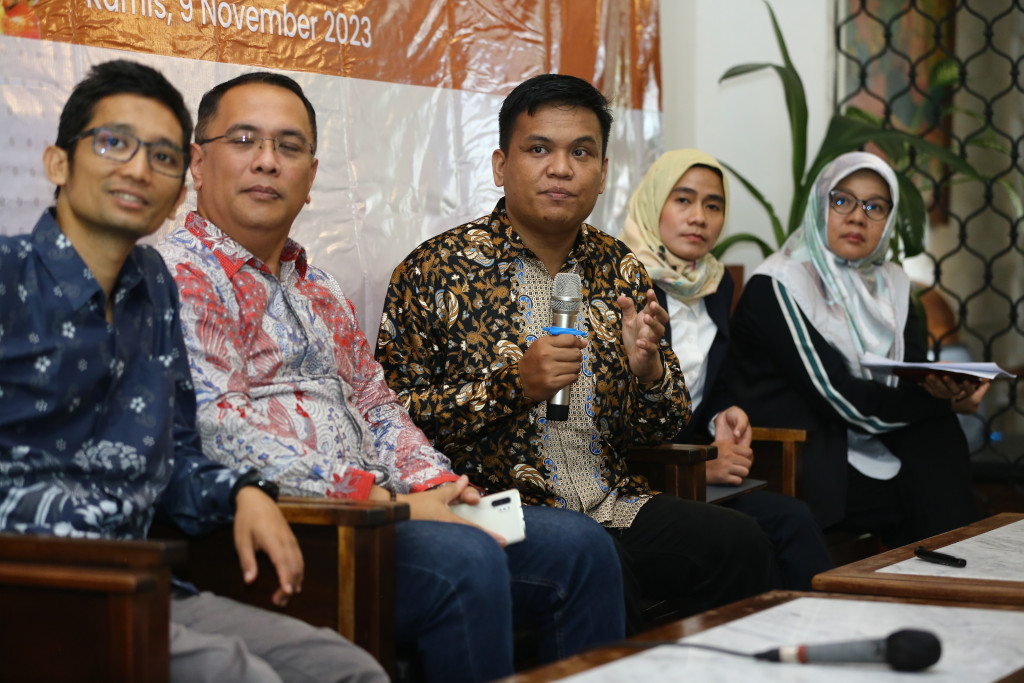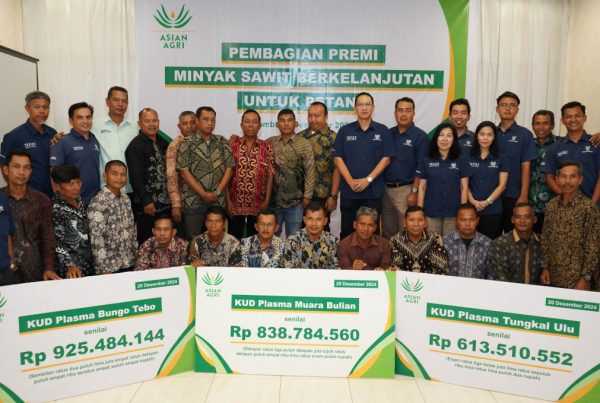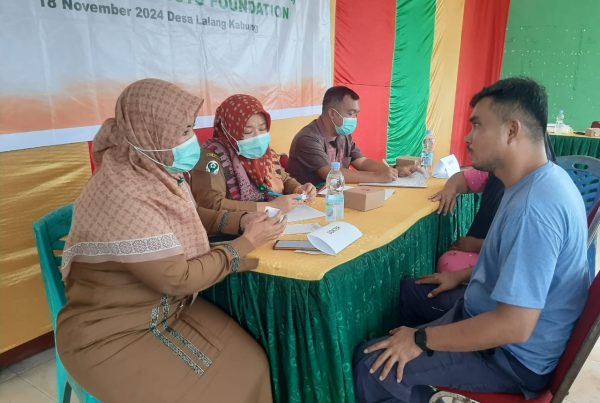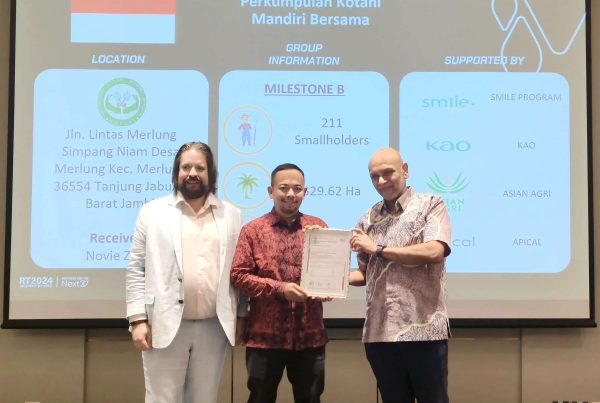Indonesia, one of the world’s largest palm oil producers, is experiencing consistent growth in its sustainable palm oil sector. The Roundtable on Sustainable Palm Oil (RSPO), a global organization focused on sustainable palm oil, reports a substantial increase in certification among small farmers and independent mills in Indonesia.
Over the first 10 months of 2023, the RSPO noted 19 percent growth in its Indonesian membership. Environmental NGOs, consumer goods manufacturers and small farmers are leading this surge. The RSPO-certified area in Indonesia continues to expand, reaching over 2.5 million hectares, including plantations and areas certified for independent smallholder (ISH) cultivation.

In 2022, 25 new mills were certified under the RSPO Principles and Criteria (P&C) Standard, with an additional 18 units certified as of the third quarter (Q3) 2023. RSPO Certification among ISH groups has seen a remarkable 41 percent growth compared with 2021, supported by funding of up to US$180,000 distributed through the RSPO Smallholder Support Fund (RSSF).
To assist small farmers in obtaining certification, approximately US$141,000 has been allocated to 17 smallholder projects between November 2022 and October 2023, benefiting over 5,000 farmers.
Doris Sukanto, sustainability officer at Asian Agri, stated that Asian Agri, a palm oil producer, was a long-time RSPO member committed to developing Indonesia’s sustainable palm oil sector. Currently, all their plantations in North Sumatra, Riau and Jambi provinces are RSPO certified. Asian Agri, alongside Apical and Japanese global chemical and cosmetics company KAO, launched the Smallholder Inclusion for Better Livelihood and Empowerment (SMILE) Program in 2020 to aid independent smallholders in improving yields and livelihoods.
Sukanto said, “Independent smallholders today account for less than 20 percent of the total certified smallholders. SMILE is a multistakeholder collaboration designed to uplift independent oil palm smallholders in Indonesia and secure a sustainable palm oil supply chain through certification.”
In Indonesia, certified sustainable palm oil (CSPO) production volume grew to 8.64 million tonnes in 2022, a 2.9 percent increase from the previous year. CSPO consumption also rose by 3.9 percent to 318,400 tonnes in 2022, reflecting a positive shift in domestic uptake from 1.2 percent in 2021 to 1.7 percent in 2022.
Mahatma Windrawan Inantha, RSPO deputy director of Market Transformation in Indonesia, commented on this progress, emphasizing the importance of collaboration in enhancing sustainability in Indonesia’s palm oil sector.
In 2022, the RSPO protected 362,000 ha of forests and conservation areas globally, with Indonesia contributing 150,000 ha, or 40 percent of the total RSPO conservation area. The World Wildlife Fund (WWF), a founding member of the RSPO, actively promotes sustainable palm oil production through various programs and projects in Indonesia.
The WWF is also involved in market intervention by encouraging downstream companies to source CSPO based on Indonesia’s domestic market potential. According to a survey conducted by the WWF with Nielsen and MarkPlus, consumer willingness to buy sustainable commodity products, such as CSPO-based products, increased from 63 percent in 2017 to 82 percent in 2020.
Angga Prathama Putra, WWF Indonesia Sustainable Palm Oil project leader, said, “the WWF is also involved in market intervention by encouraging downstream companies to source CSPO.”
In 2015, the RSPO adopted the Remediation and Compensation Procedure (RaCP) to address past deforestation issues. As of Dec. 31, 2022, 658 cases globally required a Remediation Plan or a Compensation Plan, with RSPO members operating in Indonesia accounting for 29 percent of the 311 approved Compensation Plans. These plans remediated 69,804 ha, an area larger than Jakarta.
PT Bio Inti Agrindo (PT BIA), an RSPO member, exemplifies how palm oil operators in Indonesia prioritize the development of remediation and compensation procedures to improve sustainability standards within the sector.
Kartika Dewi, environmental, social and governance (ESG) manager, PT BIA, said, “As one of the first plantations in Papua to be RSPO certified, we have a strong commitment toward our environmental liabilities, conservation and community development programs.”
From Nov. 20-22, 2023, the RSPO will host its flagship Annual Roundtable Conference on Sustainable Palm Oil (RT2023) in Jakarta, themed Partners for the Next 20. The conference will address key trends and collective actions that the industry can capitalize on to further boost the development of sustainable palm oil globally.”
This article was published by The Jakarta Post.



